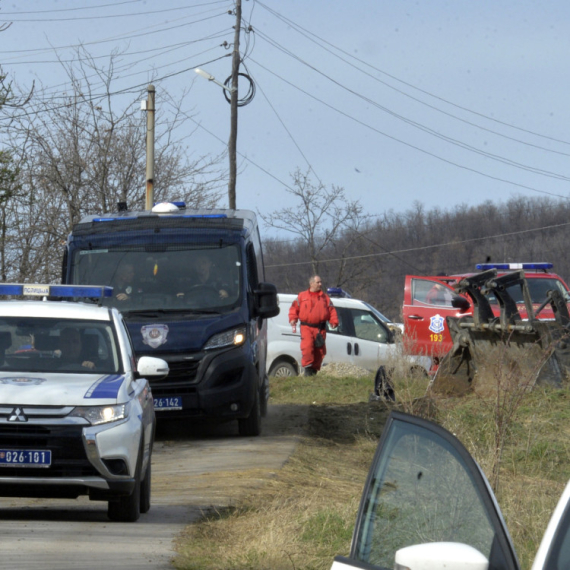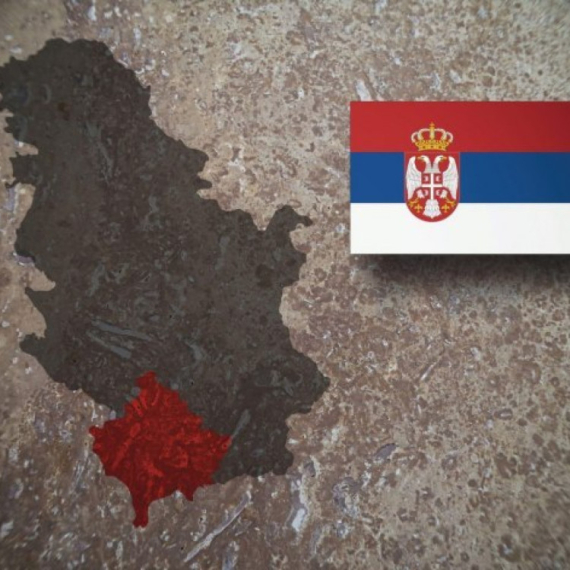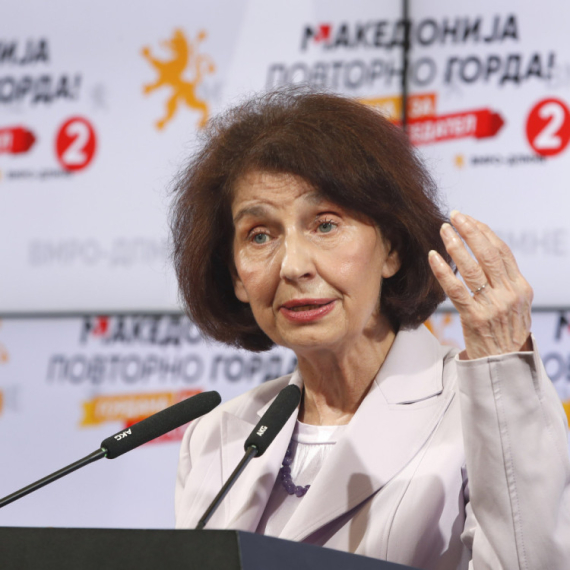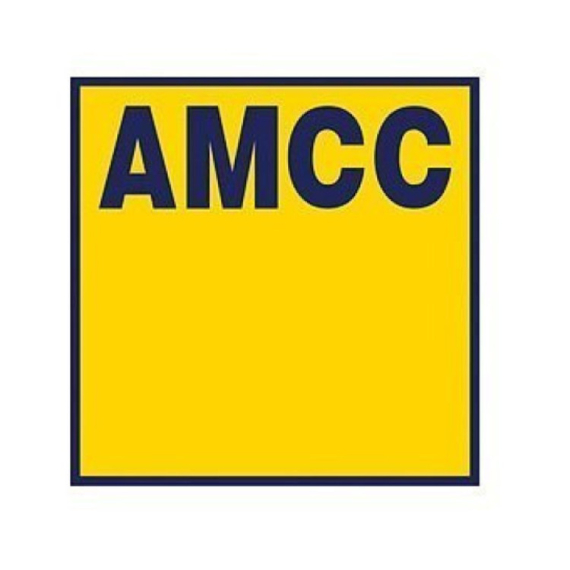French Kosovo policy in WikiLeaks cables
Several leaked U.S. diplomatic cables that have been published by WikiLeaks to date mention Kosovo in the context of the ethnic Albanian UDI.
Thursday, 02.12.2010.
12:12

Several leaked U.S. diplomatic cables that have been published by WikiLeaks to date mention Kosovo in the context of the ethnic Albanian UDI. The cables originate from the U.S. embassy in Paris, and were sent in the first half of 2007, and the first half of 2008. French Kosovo policy in WikiLeaks cables In one written before Nicolas Sarkozy took office, U.S. Ambassador to France Craig Stapleton reports that his country should "stress the importance of a united front in the UN Security Council on Kosovo's independence. We would welcome a more active French role in persuading Russia not to veto a UNSC Resolution." A UN resolution failed to materialize, and Kosovo's Albanians unilaterally declared independence in February 2008, based on the so-called Ahtisaari plan that was not approved by the Security Council, and was rejected by both Serbia and Russia. Another cable sent from Paris reads: "France recognized Kosovo's independence immediately, but is hesitant about full implementation due to the potentially destabilizing role of Serbia (and Russia) in the region. It is important to reassure Sarkozy that, while we must proceed with full implementation of the Ahtisaari plan, we agree with France on the importance of Serbia in maintaining regional stability, and that U.S. policies will remain consistent with our vision for Euro-Atlantic integration of the entire Western Balkans, including both Serbia and Kosovo." Ahead of Sarkozy's first official visit to the U.S. in late 2007, a cable sent from Paris said: "This is an opportunity for the President to reaffirm Sarkozy’s commitment to an independent Kosovo. Sarkozy has stated numerous times that he supports Kosovo’s independence and has instructed FM Kouchner to actively seek EU consensus on the matter. The French also remind us from time to time that Kosovo is a European issue which Europeans bear primary responsibility for solving." "The GOF is pessimistic that Serbia and Kosovo will come to a status agreement and is working closely with the U.S. and the Contact Group on post-December 10 actions. The French remain concerned that while EU member-states may agree to not publicly oppose Kosovo’s independence, the EU may fail to reach consensus on a legal basis for an ESDP mission in Kosovo. The GOF has accepted UNSCR 1244 as a basis for an international force in Kosovo and agrees with the U.S. that it would not be advantageous to seek a new UNSCR." The cable then says that "Sarkozy lobbied Putin in Moscow for more Russian flexibility" - but "received no commitments". "The U.S. and EU, Sarkozy will argue, must publicly demonstrate that a good faith effort was made to come to an agreement. The French are not prepared to recognize independence before the end of 2007 and are hopeful that the U.S. will assist in convincing the Kosovars that it is in their interest to be patient with the EU." According to this, Sarkozy also advised "avoiding dramatic rhetoric that will further embarrass Serbia, encourage similar UDIs by Abkhazia and South Ossetia, and put internal political pressure on EU states like Greece and Cyprus to publicly oppose Kosovo’s independence." A file photo of Georage Bush and Nicolas Sarkozy (FoNet)
French Kosovo policy in WikiLeaks cables
In one written before Nicolas Sarkozy took office, U.S. Ambassador to France Craig Stapleton reports that his country should "stress the importance of a united front in the UN Security Council on Kosovo's independence. We would welcome a more active French role inpersuading Russia not to veto a UNSC Resolution."
A UN resolution failed to materialize, and Kosovo's Albanians unilaterally declared independence in February 2008, based on the so-called Ahtisaari plan that was not approved by the Security Council, and was rejected by both Serbia and Russia.
Another cable sent from Paris reads:
"France recognized Kosovo's independence immediately, but is hesitant about full implementation due to the potentially destabilizing role of Serbia (and Russia) in the region. It is important to reassure Sarkozy that, while we must proceed with full implementation of the Ahtisaari plan, we agree with France on the importance of Serbia in maintaining regional stability, and that U.S. policies will remain consistent with our vision for Euro-Atlantic integration of the entire Western Balkans, including both Serbia and Kosovo."
Ahead of Sarkozy's first official visit to the U.S. in late 2007, a cable sent from Paris said:
"This is an opportunity for the President to reaffirm Sarkozy’s commitment to an independent Kosovo. Sarkozy has stated numerous times that he supports Kosovo’s independence and has instructed FM Kouchner to actively seek EU consensus on the matter. The French also remind us from time to time that Kosovo is a European issue which Europeans bear primary responsibility for solving."
"The GOF is pessimistic that Serbia and Kosovo will come to a status agreement and is working closely with the U.S. and the Contact Group on post-December 10 actions. The French remain concerned that while EU member-states may agree to not publicly oppose Kosovo’s independence, the EU may fail to reach consensus on a legal basis for an ESDP mission in Kosovo. The GOF has accepted UNSCR 1244 as a basis for an international force in Kosovo and agrees with the U.S. that it would not be advantageous to seek a new UNSCR."
The cable then says that "Sarkozy lobbied Putin in Moscow for more Russian flexibility" - but "received no commitments".
"The U.S. and EU, Sarkozy will argue, must publicly demonstrate that a good faith effort was made to come to an agreement. The French are not prepared to recognize independence before the end of 2007 and are hopeful that the U.S. will assist in convincing the Kosovars that it is in their interest to be patient with the EU."
According to this, Sarkozy also advised "avoiding dramatic rhetoric that will further embarrass Serbia, encourage similar UDIs by Abkhazia and South Ossetia, and put internal political pressure on EU states like Greece and Cyprus to publicly oppose Kosovo’s independence."














































Komentari 10
Pogledaj komentare